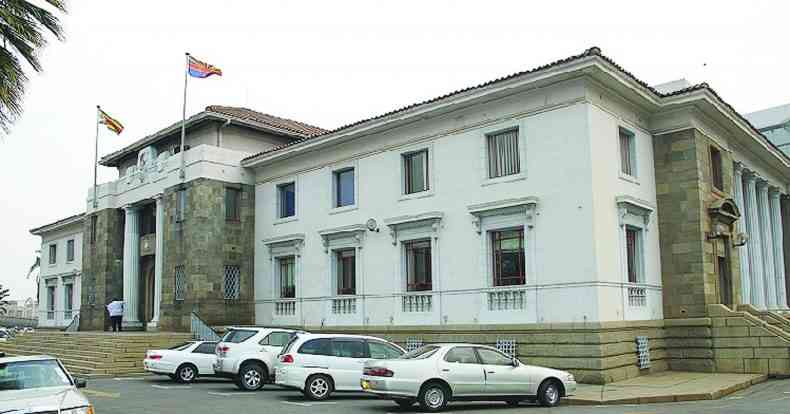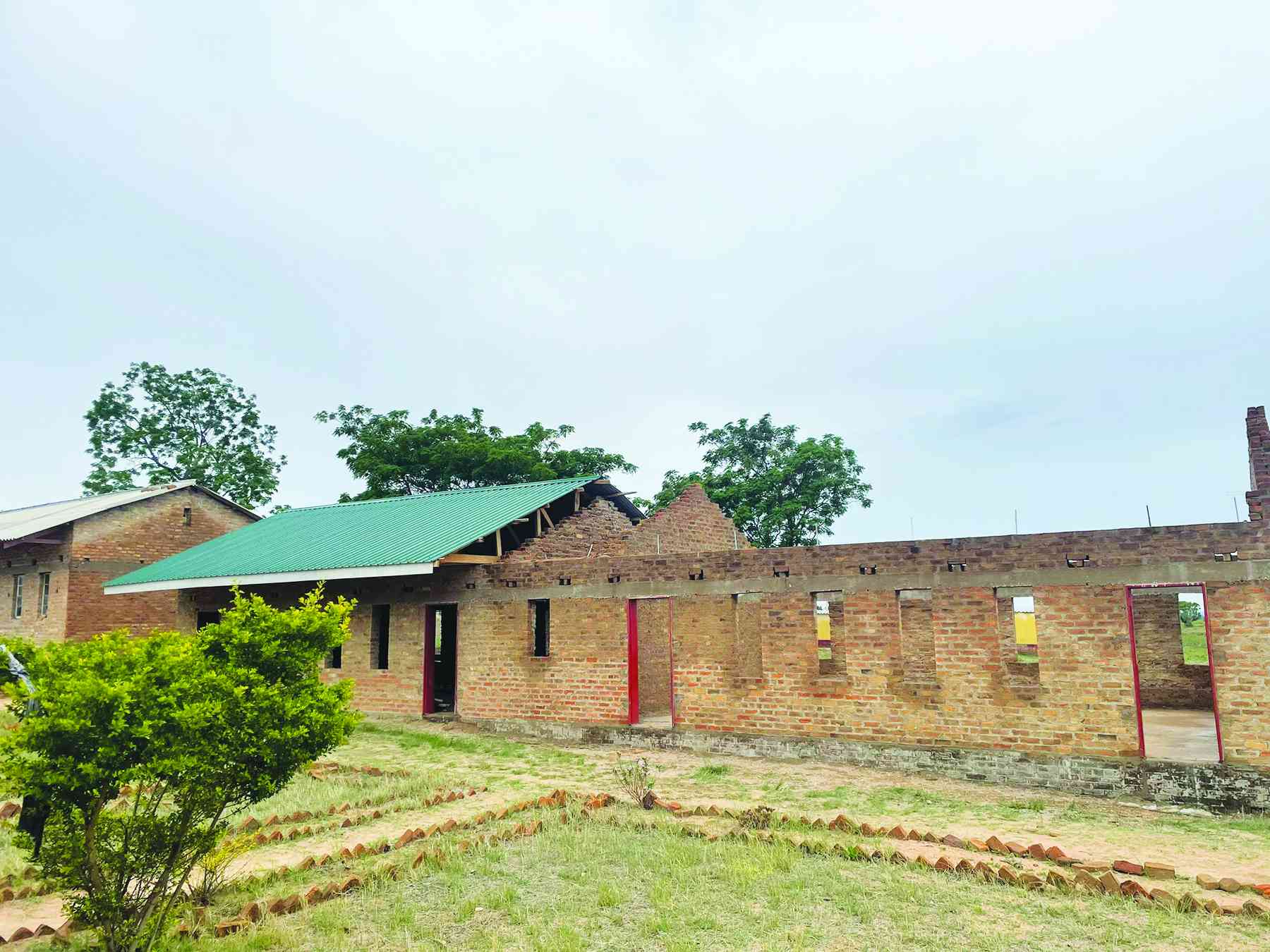
HARARE City Council has reduced building plans and inspection fees following an outcry over steep United States dollar-denominated charges introduced in June last year.
Town clerk Hosiah Chisango said the fee reduction was expected to promote infrastructural development in the city.
“City of Harare would like to advise its residents that building plan approval fees and related charges have been reduced to levels specified in November 2022: Schedule 25A of Fees and Charges [Building Inspectorate],” Chisango said in a statement on Monday.
The architect fees for high-density residential areas were in June last year increased to US$343 for the main house and US$505 for a single-storey house in low-density suburbs.
According to a new schedule, fees for the main house in low-density areas are now set at US$150 and US$200 for a single-storey of the low-density.
A commercial single-storey, which attracted a US$773 approval fee, has been reduced to US$250.
Harare Residents Trust director Precious Shumba welcomed the news saying: “Pricing has been the major inhibiting factor for a long time. Plan approval should be affordable for people developing their stands.
“When a service is unaffordable, it discourages people from following the regulations and standards. Where there is order, the council can easily control and monitor all infrastructural developments.”
- Harare cancels Pomona waste deal
- Devolution gains remain a mirage
- Harare cancels Pomona waste deal
- Pomona saga: Harare handed shock US$750k ‘garbage’ bill
Keep Reading
Harare Metropolitan Residents Forum chairperson Marvelous Khumalo said this would also help to address the problem of illegal structures.
“This will promote infrastructural development in the city and motivate property developers to comply with city by-laws,” he said.
“This might reduce the number of properties built without city approval, thereby improving standards and revenue for the city council.”











